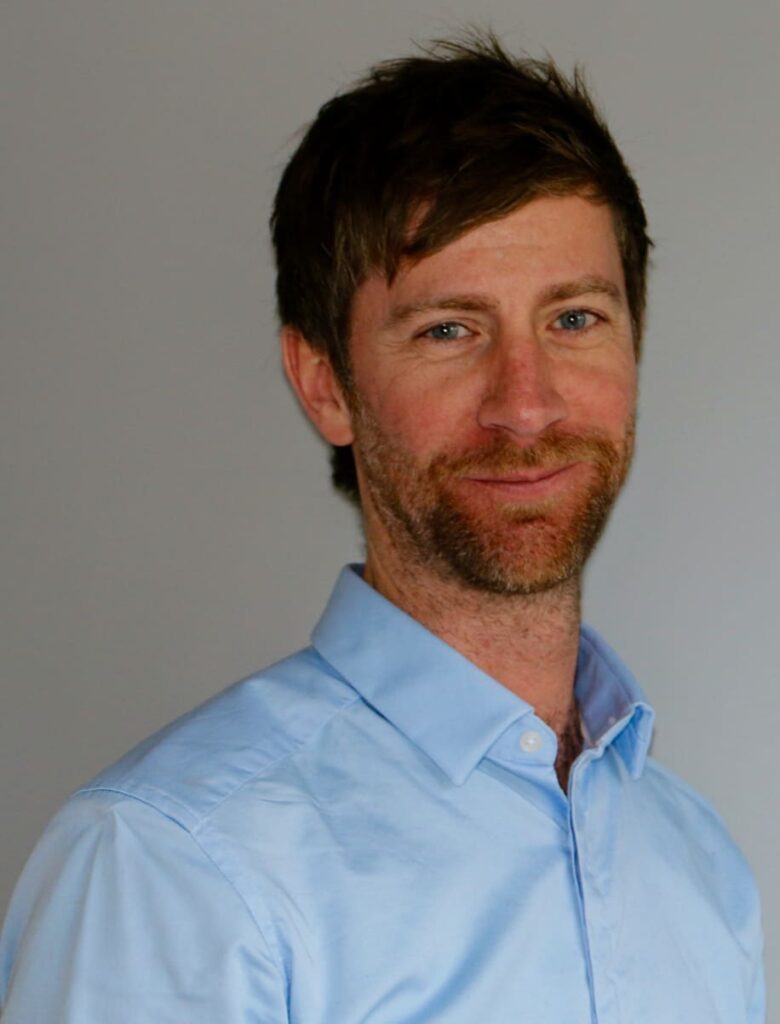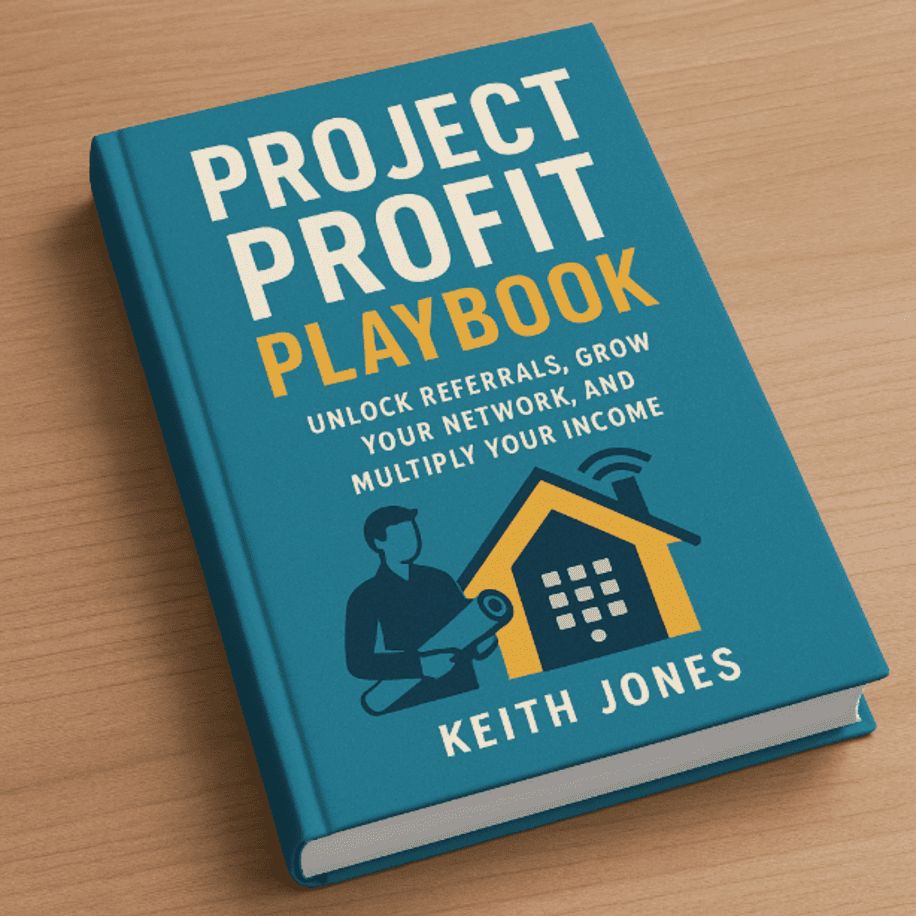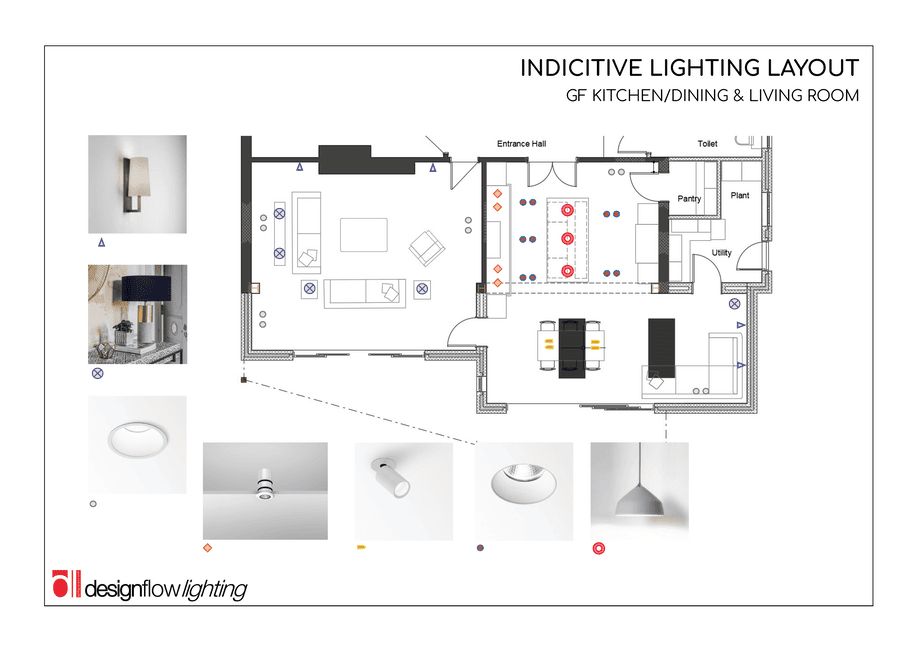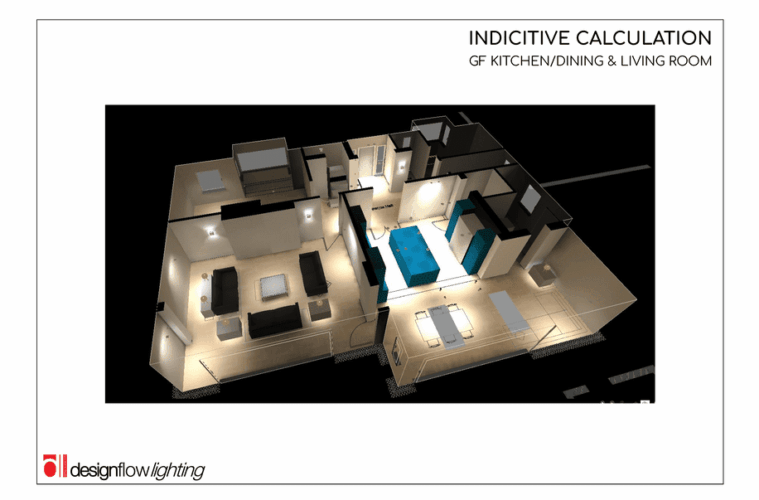Keith Jones, smart home industry veteran, experienced installer and creator of designflow, answers our questions on his career to date and plans for the future.

What first attracted you to the AV and smart home industry back in 1995?
Music! I still remember sneaking into my brother’s room in my early teens to play records on his Thorens TD165! I moved to London in 1992, to study product design at Central St. Martins and once my course finished in ‘94 I was looking for part time work. I took a job in a bar in Clapham and shortly after starting there, a new Hi-Fi shop opened on my walking route to work. I took a job in there and shortly afterwards was offered a management role in another Hi-Fi shop in the city. The natural progression from here was to start my own business as a custom installer in 2001. Having started out in the two- channel world and making the transition to the smart home industry, one important observation I have made is, smart home installers can learn a lot from the long-term client, and upgrade mentality is the lifeblood of Hi-Fi stores.
How has your background in product design shaped the way you approach installation projects and documentation?
My training in product design and before that technical graphics at school has had a massive impact on my approach to installation projects. Product design teaches you to use your creativity in different ways. At its core it’s about identifying and solving problems in a creative way, which is quite similar to installation projects. In an installation project you get a brief from the client and have to put forward a design to solve all the client’s requirements, which is very similar to product design. Once you have a concept the client is happy with you need to detail how that design will be implemented. Again, there are lots of parallels here with product design and documenting projects.
What lessons did you learn from scaling your first installation company?
That would be an enormous list! I think the key ones were: To have someone skilled in creating project designs and documentation on hand to properly support the sales people and project managers within a smart home business.
Don’t run and hide once a job is complete, keep the lines of communication open with the client long after project completion, as this then gives them a much better opportunity to refer you to their friends, family, colleagues and neighbours. My recent book Project Profit Playbook is all about getting more referrals and our IPS service was created to show-off installer’s completed projects.
Why do you believe detailed design and documentation are still undervalued?
That’s a tough one! I believe that as there still isn’t really a formal education route into the smart home industry, it falls to the individuals who set up and run smart home companies to decide what, if any, education they and their team need. Some people have an innate understanding of the importance of design and documentation perhaps due to their backgrounds. Others have a much more ‘gung ho’ approach and give very little importance to design and documentation. My belief is simply that without proper design and documentation, the job of the smart home installer is much harder than it needs to be.
Can you explain how designflow and designflow lighting help installers deliver better projects?
That is a much easier answer; designflow lighting helps installers access the lighting design element of a project, meaning it’s a whole new budget for design and light fittings! designflow is there to help installers with the documentation of the smart home elements of a project. Both these services help installers deliver better projects through thorough documentation and more attention to design details, making for more successful and sustainable projects.
What inspired the creation of the IPS platform, and how do you see it changing the way installers present their work?
IPS was inspired by the creation of a virtual tour of our stand at ISE last year where we had our ever-popular coffee table project books. Seeing these two things together highlighted the need to combine the contents of our books with the virtual tour to create a new way to showcase installers’ completed projects.
I think in terms of changing the way installers present their work, IPS is a total game-changer. Instead of still pictures that look like they belong on an interior designers website with a description of the project and maybe a short video walk through, IPS shows-off completed projects in an interactive 3D environment – ideal for showing all the hidden technology and work that goes into a smart home project.

You’ve just released your first book, Project Profit Playbook — what’s the core idea?
How to build a well-oiled referral network that allows people to scale their businesses to the next level and beyond without adding sales people or incurring additional costs.
With 10 more books planned, what topics are you most excited to explore, and why?
Lighting design for installers, as I believe this is a huge untapped market just waiting for installers to exploit. Also, design methodologies for AV/IT documentation, as a follow on from my CEDIA course of the same name that I have been instructing over the last three years or so.
As an experienced trainer, what do you think is the biggest knowledge gap in the industry right now?
Another tough question! Surprisingly I would say probably real-world business guidance and specialist mentorship, rather than anything to do with design or documentation. Perhaps that should be another of my 10 and counting books: How to set up and run a successful smart home installation business, having done this myself in the early noughties.
What’s the story behind your partnership with Adam Kraemer-Dent and the launch of designflow lighting?
I first met Adam at ISE in May 2022. He was working as a salesman for a UK integration company and he told me I had his dream job! At that time there were no openings at designflow and Adam wasn’t quite ready to leave his position either.
When my previous business partner decided to leave the business in May 2023, the opportunity opened up for Adam to join designflow.
Adam had worked for a well known lighting design company previously and brought these skills to the integration company he was working for, adding 35% to their bottom line.
This made the opportunity to launch a very well-aligned lighting design service – in parallel to our existing AV/IT design documentation service to help installers access lighting design within their existing projects – a total no-brainer.

You’re working on a new lighting software platform — what problems are you hoping this will solve for installers?
Initially our new lighting design software platform was conceived for internal use. Currently our lighting design process is very manual and this is solely down to the fact that there is no integrated lighting design software available that meets our needs.
With our new expanded plans to roll this out as our first commercially available software product, we are looking to solve the same problems we are having in-house with our manual lighting design process for installers and other lighting designers.
Looking ahead, what do you hope your legacy will be?
I hope my legacy in this space will be to help everyone involved see and understand the importance of proper design and documentation for successful and sustainable projects. Be that for lighting design, AV/IT documentation or just showing-off what great design documents look like!
What are your interests away from work?
Travelling and exploring, walking/hiking, cycling, music, reading, a good laugh with friends and good food and nice wine.
What music or movies that you have seen recently can you recommend?
I went to the BBC proms, it was the first time for me and a great experience. I think everyone should try this at least once and the gallery tickets are only £8!
I watched The Hippopotamus at the weekend – a comedy from a Stephen Fry novel which is definitely worth a go.


